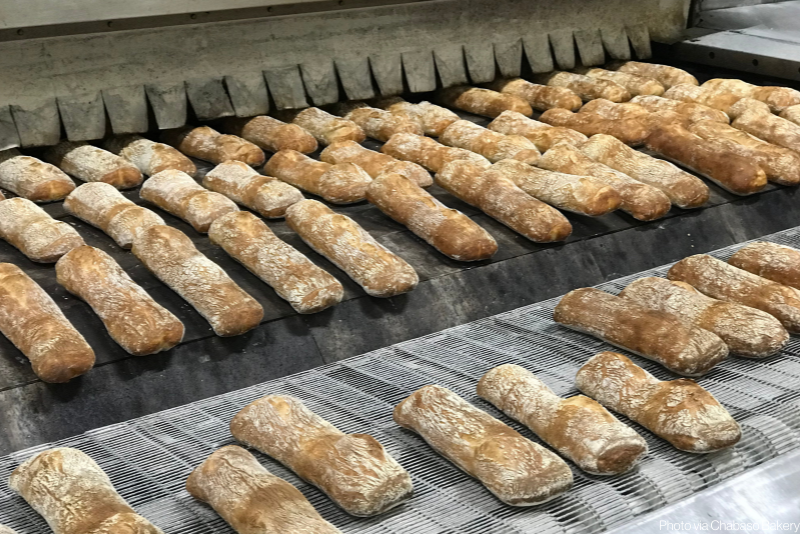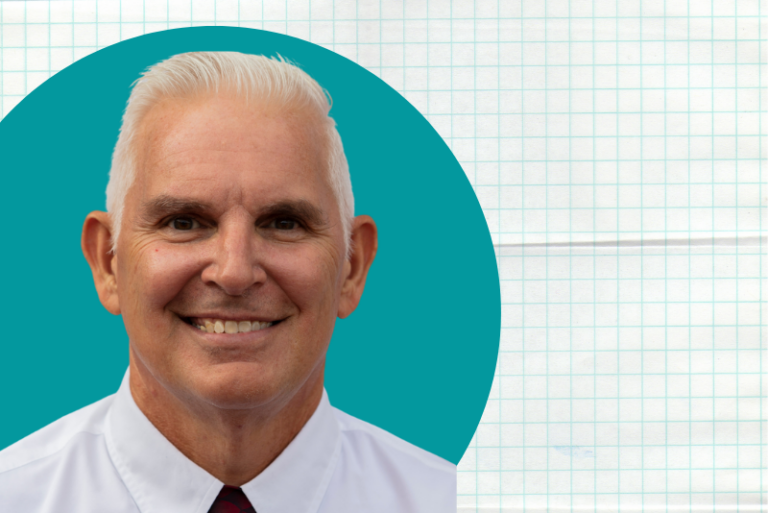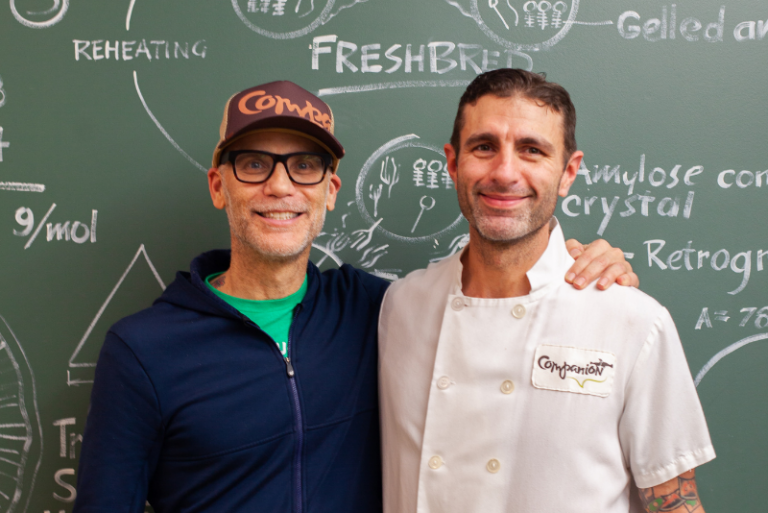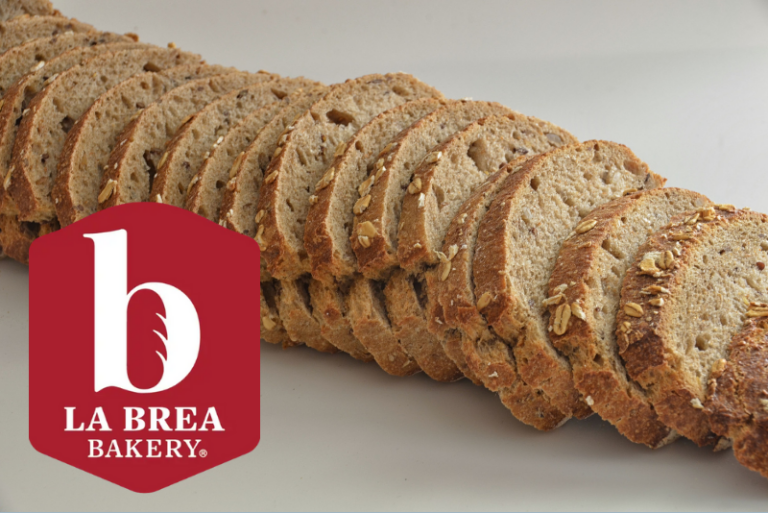These aspects have also been top of mind for Tasos Katsaounis, CEO and founder of Houston-based Bread Man Baking Co. The bakery is fresh off a major expansion — increasing its square-footage 10 times over — and his thoughts have been dominated by maintaining product quality while making the right investments on the equipment side.
“When you scale, you might experience a bit of degradation in quality,” Katsaounis said. “But we pride ourselves on having the privilege of using the moniker of ‘artisan bakery.’ Because of that, we were looking at anything and everything we could to take advantage of the technology that exists today to help us scale and meet demand, but also to do it where we’re not shortcutting.”
The Bread Man team was laser-focused on acquiring a line that could run all its artisan products, a quality mixer and a stress-free dough processing system. The bakery uses a stone deck hearth oven for its artisan breads, which is something Katsaounis didn’t plan on letting go as the operation expanded. He asked himself, ”Do I want people to notice the shift because the quality dipped, or because the bread they fell in love with to begin with is in more places?”
Flexibility is another key aspect to smooth production in an artisan bread bakery. At Chabaso, creativity comes through flexibility with a bread’s structure. When a new trend comes along, Negaro said you might have to, in the spirit of a bread analogy, figure out how to take a loaf-shaped peg and put it into a boule-shaped hole.
“You usually can do that, but there are challenges,” he said. “If you want a flexible bakery, you need to have a well-defined process and product architecture so you can figure out how to [tweak it]. Every single product doesn’t have to be a revolution; you just need to find those variables that make sense. For us, it still has to fit into our Chabaso ethos.”
A core component of that ethos is using quality ingredients, which is something that Chabaso and Bread Man Baking have in common. Reed Immer, sales and marketing director at Chabaso, said that a shift to better ingredients remains a big focus for the team now and over the past few years.
The bakery is working toward using the cleanest ingredients possible for its entire portfolio including sliced bread, something that is important to Negaro and the rest of the staff.
“Most sliced breads have an approximate bajillion days of shelf life, and getting sliced bread into the in-store bakery is always challenging, but it’s been successful,” Negaro said. “Our labels always have very few ingredients on them. And when we put our consumer hat on, we can do sliced bread with a lot fewer ingredients than the ones with 21 days of shelf life. It’s driven by the bread that we want to eat.”










